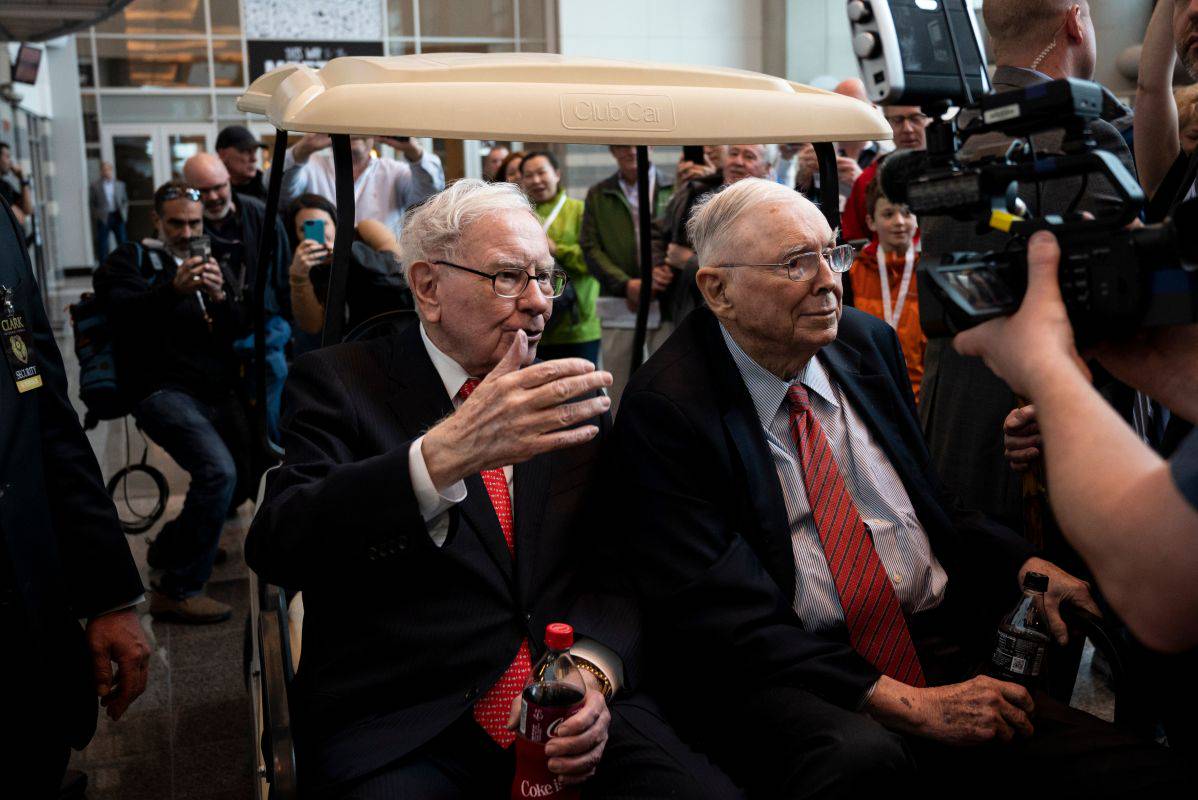Tesla’s political orientation and market implications
The recent upswing in Tesla’s market valuation can be linked to its political orientation, especially in relation to the Trump administration. Investors are recalibrating their outlook for the company, viewing Tesla as a significant gainer from former President Donald Trump’s electoral win. This political change is anticipated to lead to a more advantageous regulatory landscape for Tesla, particularly in the areas of self-driving and AI innovation.
Elon Musk, the CEO of Tesla, has actively endorsed Trump, both financially and strategically. Musk’s engagement in the political domain could potentially lead to a position within the Trump administration, with expressed interest in heading a government efficiency commission aimed at reducing federal expenditures by hundreds of billions, resonating with Musk’s broader objective of optimizing operations and minimizing waste.
Moreover, Musk has been part of conversations regarding possible cabinet appointments and has even engaged in high-level discussions, such as a call between Trump and Ukrainian President Volodymyr Zelensky. This degree of political involvement has positioned Musk and Tesla to gain from a more pro-business regulatory climate, especially in the automotive and technology industries.
For those holding short positions, Tesla’s political stance has proven costly. Data from S3 Partners reveals that short stakes in Tesla have led to mark-to-market losses of approximately .2 billion from Election Day to Friday’s market close. This has dealt a significant blow to those betting against the company, particularly as Tesla’s stock keeps ascending.
Conversely, Musk’s long-term wager on a Trump victory has turned out to be extremely lucrative. Wedbush analyst Dan Ives has stated that a Trump administration could serve as a “gamechanger” for Tesla’s aspirations in self-driving technology and AI. Ives, a long-time advocate for Tesla, believes that the regulatory environment under Trump will expedite the rollout of Tesla’s Full-Self-Driving technology, eliminating several obstacles the company has encountered in recent years.
Furthermore, the Trump administration is anticipated to reshape the overall electric vehicle (EV) landscape by implementing tariffs on foreign-manufactured vehicles and potentially abolishing tax incentives benefiting newer entrants like Ford and General Motors. This could further enhance Tesla’s competitive edge, as it currently stands as the sole profitable EV maker. Analyst Garrett Nelson from CFRA emphasizes that these alterations could diminish the economic viability of competing EV models, further reinforcing Tesla’s commanding market position.
In summary, Musk’s strategic alignment with the Trump administration has positioned Tesla to gain substantial rewards from a more favorable regulatory framework. As Ives articulates, this could represent a “bet for the ages” for Tesla advocates, with the company poised to flourish in a newly accommodating political climate.
Growth forecasts and future perspectives for Tesla
Looking forward, Tesla’s growth forecasts remain ambitious, with Elon Musk delineating a clear vision for the company’s trajectory. During Tesla’s third-quarter earnings call, Musk reaffirmed his belief in the company’s capacity to overcome its Full-Self-Driving (FSD) challenges by the next year’s end. He sees this breakthrough as a crucial element in propelling Tesla’s share price even further up, potentially establishing it as the most valued company globally.
In terms of vehicle deliveries, Tesla has already set a high benchmark, achieving last year’s milestone of 1.8 million units. While the company has forecasted merely “slight growth” in deliveries for the current year, Musk maintains an optimistic stance regarding the future. He has projected a potential growth rate of 20% to 30% by 2025, assuming no significant external disturbances like geopolitical tensions or drastic economic changes such as a sharp increase in interest rates.
For Australian investors, this growth trajectory carries particular significance. Tesla’s aptitude to scale its production while retaining profitability could have far-reaching effects across the global EV marketplace, including Australia. As the nation advances toward greater EV adoption, Tesla’s market leadership could influence local dynamics, notably as more affordable models come to the forefront.
Musk has also underscored the importance of autonomy in Tesla’s future expansion. With the rollout of FSD technology, Tesla could explore new income avenues, especially in the realm of autonomous ride-hailing services. This could further enhance the company’s financial results and provide a competitive advantage amid an increasingly crowded EV landscape.
From a financial angle, Tesla’s latest earnings announcement has served as a robust indicator of its operational efficacy. The company posted earnings of 72 cents per share, exceeding market predictions. Profit margins have improved, thanks to record-low production expenses and stabilizing global pricing. This operational efficiency is vital for Tesla as it seeks to scale production and broaden its market share.
For Australian investors, the primary takeaway is that Tesla’s growth narrative is far from complete. With Musk’s ambitions and the company’s persistent commitment to innovation, Tesla remains an enticing investment prospect. Nonetheless, as with any rapidly growing stock, there are inherent risks, particularly concerning external disruptions that might affect the wider market.
As of Monday, Tesla shares were up 7% in pre-market trading, indicating an opening price of 3.60. This would elevate the stock’s six-month gain to roughly 100%, an impressive achievement in a turbulent market environment. For those invested in Tesla, the company’s outlook is encouraging, but remaining aware of possible risks and market changes that could influence its performance is crucial.

